11 Outrageous Magazine Claims from the ’70s
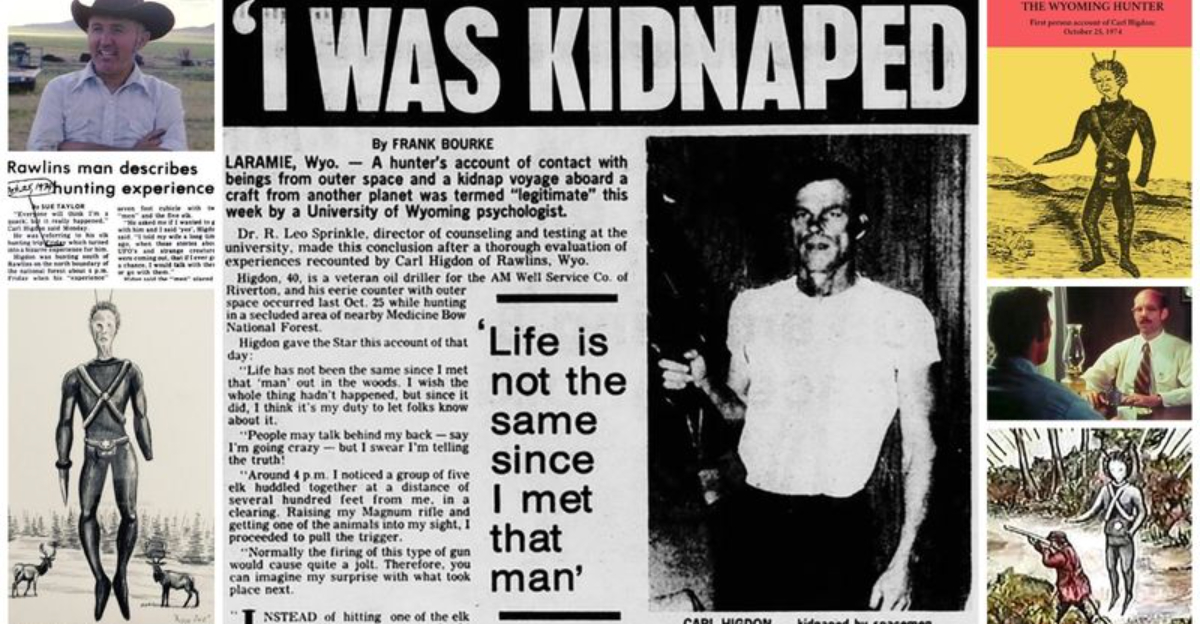
The 1970s weren’t just about bell-bottoms, disco, and Saturday morning cartoons—they were also a golden age of sensationalist magazine claims and headlines.
If you think today’s tabloids go overboard, just wait until you see the kind of absurd, jaw-dropping, and sometimes downright hilarious claims that graced the covers of magazines back in the day.
From celebrity conspiracies to “scientific” discoveries that aged horribly, here are 11 of the most outrageous magazine headlines from the 1970s.
1. Lose 10 Pounds by Eating Only Grapefruit and Hot Dogs!

Diet fads in the 1970s were a wild, unregulated rollercoaster, but this one stood out for being both bizarre and oddly specific. The so-called “Grapefruit and Hot Dog Diet” promised rapid weight loss while conveniently ignoring any nutritional sanity.
The real question is—who came up with this combo, and why did it gain traction? Perhaps it was the era’s love for extreme solutions and quick fixes. Despite dubious health claims, the diet captivated those eager for a slim figure.
With its quirky charm, it became a conversation starter at countless dinner tables.
2. Aliens Walk Among Us – And They Might Be Your Neighbor!
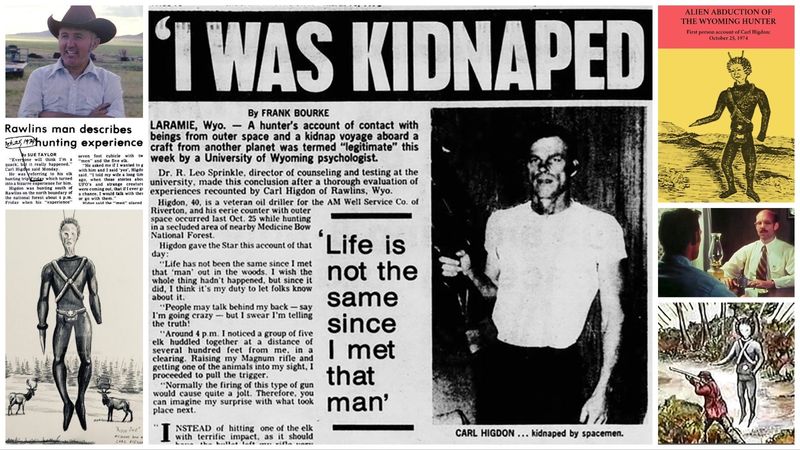
By the ’70s, UFO fever was at an all-time high, thanks to blockbuster movies and eerie government reports. Some magazines took it one step further, claiming that extraterrestrials were already living undercover in suburbia.
Were these just eccentric folks with strange habits, or were they really from another planet? Either way, readers were hooked, intrigued by the possibility that their next-door neighbor might not be of this Earth.
The headline tapped into Cold War paranoia, mixing it with sci-fi allure, fueling imaginations and selling copies.
3. The Shocking Truth About Elvis: Is He Really a Secret Agent?
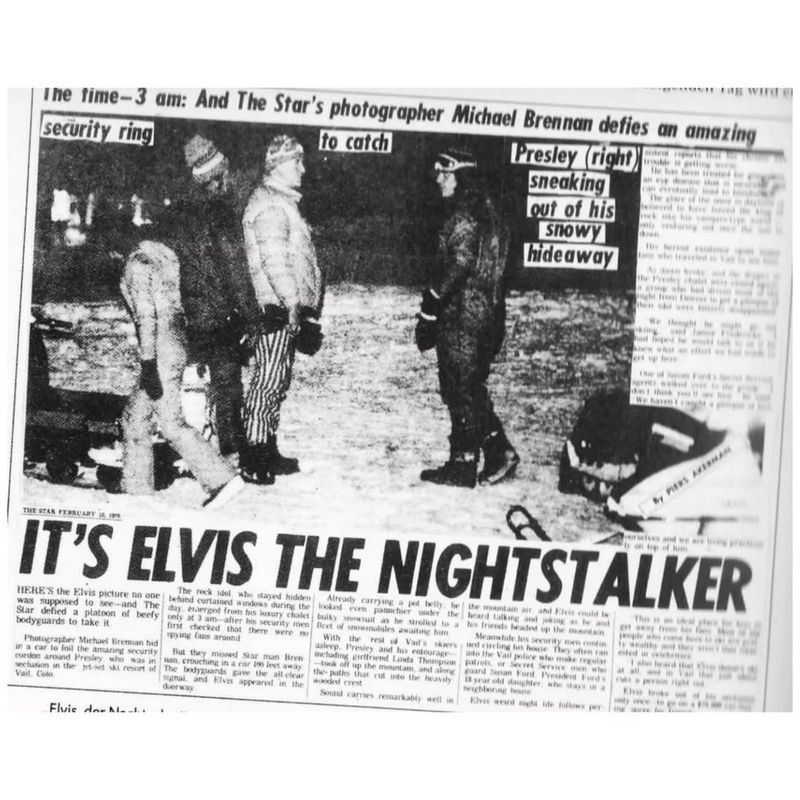
The King of Rock and Roll couldn’t even enjoy his stardom without outlandish conspiracy theories popping up. This magazine headline speculated that Elvis Presley faked his passing to go undercover as a government spy.
Sure, it sounds ridiculous now—but back then, some fans actually believed it, fueled by a mix of celebrity idolization and Cold War intrigue.
Elvis, with his charisma and larger-than-life persona, seemed like the perfect candidate for secret missions. The headline played into fantasies of espionage, blending music iconography with secret agent allure.
4. Scientists Say the World Will Be Covered in Ice by 1980!
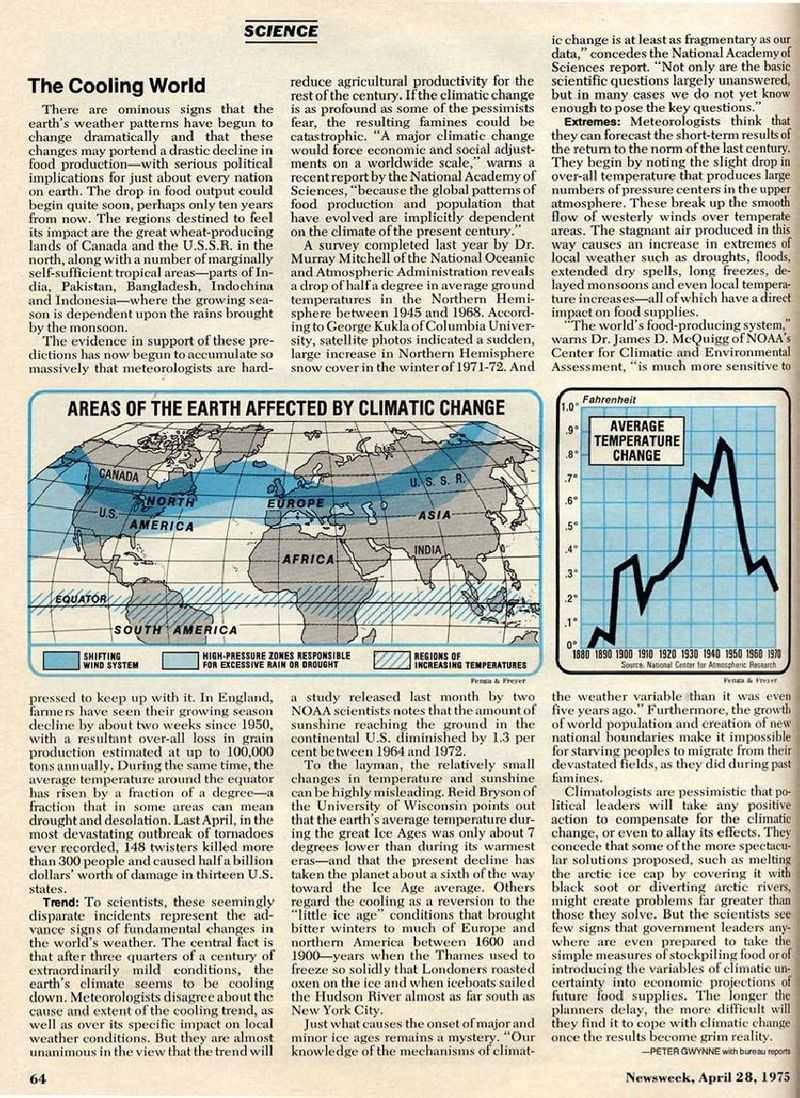
Before global warming became a mainstream concern, the biggest fear was actually a new Ice Age. Some magazines took this paranoia to the extreme, publishing headlines that claimed we’d all be living in igloos within a decade.
Safe to say, that prediction didn’t quite pan out. The headline, however, capitalized on the era’s fascination with science fiction disasters.
Imagining a frozen world was both thrilling and terrifying, making it a perfect sell. Readers were drawn to the dramatic imagery and the thought-provoking “what if” scenarios.
5. Psychics Predict Robot Takeover by 1990

In the 1970s, some magazines boldly claimed that psychics had foreseen a robot takeover by the year 1990. These stories illustrated vivid images of robots replacing humans in everyday jobs and even in governance.
The idea sparked both fear and fascination among readers, as robotics was an emerging field. Such headlines capitalized on the uncertainty and excitement surrounding technological advancements.
Despite the far-fetched nature of these predictions, they captured the imagination of a public eager to glimpse into a futuristic world. While the robot takeover never materialized, these stories remain a testament to the whimsical nature of 1970s media.
6. The Shocking Secret of JFK’s Missing Brain
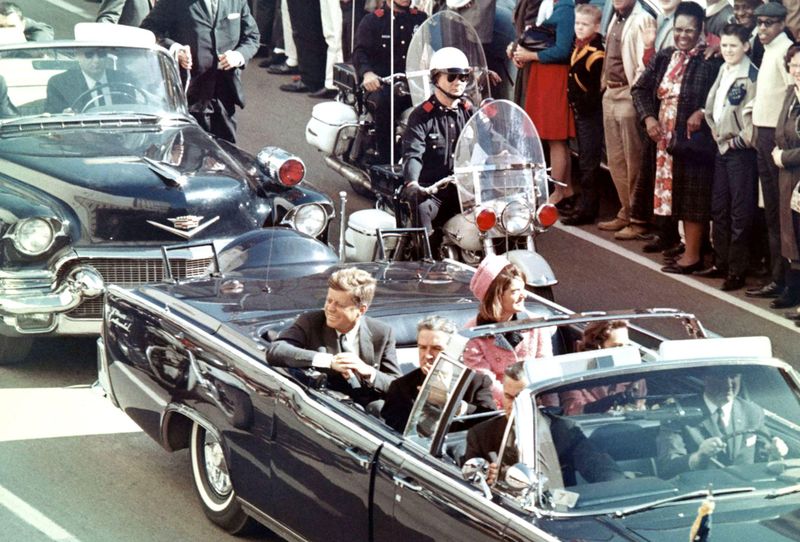
After JFK’s assassination, conspiracy theories exploded, and magazines ran wild with them. One of the strangest? That his brain had been stolen to cover up a larger conspiracy.
It turns out there were real discrepancies in how the autopsy was handled, but the magazine’s version of events was pure sci-fi.
The headline mixed historical mystery with sensationalism, drawing in readers eager to uncover hidden truths. It became a hallmark of tabloid culture, showing how far speculation could stretch the imagination.
7. Cigarettes are Good for You – Doctors Say So!
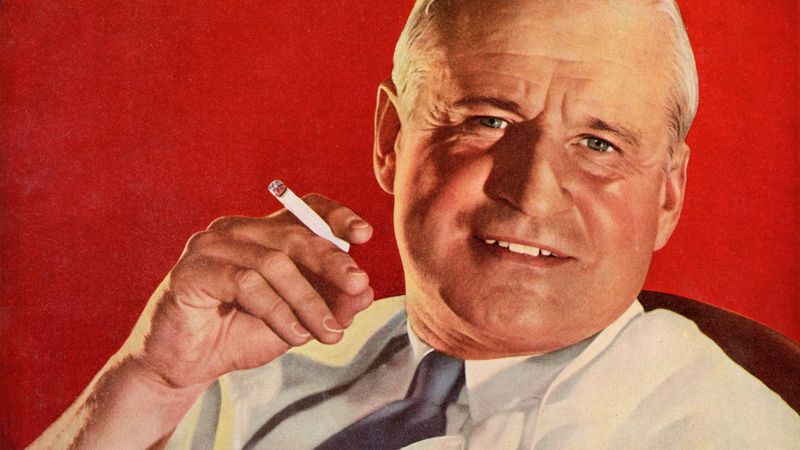
Yes, you read that right. In the 1970s, some magazines were still pushing cigarettes as a health product. Whether it was for weight loss, stress relief, or even better digestion, they always found a way to make smoking sound like a doctor-approved habit.
The headlines offered a bizarre juxtaposition of health and harm, feeding into the era’s advertising tactics.
Despite growing evidence of smoking’s dangers, such endorsements from “experts” added a veneer of legitimacy, attracting curious readers and sparking debates on medical ethics.
8. Can You Be Hypnotized into Loving Your Job?
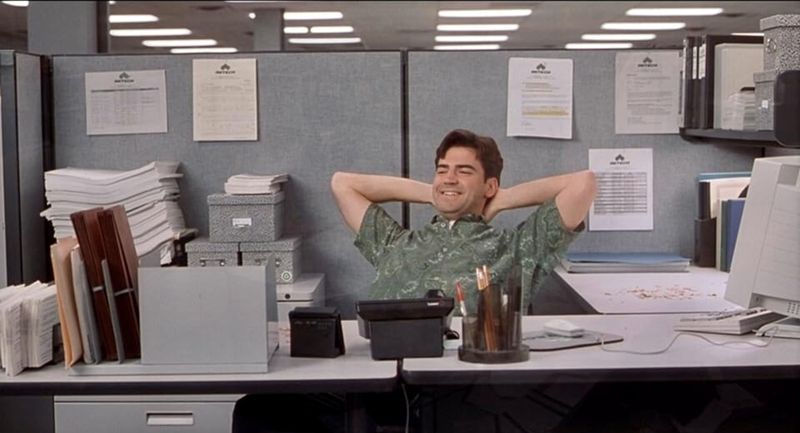
In an era where workplace satisfaction wasn’t exactly a priority, one magazine suggested a radical solution—just get hypnotized into thinking your 9-to-5 was amazing!
According to the article, a simple trance could make endless paperwork feel like a dream vacation. Too bad that didn’t actually work.
The headline’s quirky premise captivated those dreaming of escape from mundane tasks. It hinted at self-improvement possibilities, blending humor with the promise of a better work life.
9. The Moon Landing Was Faked – And We Have the Photos to Prove It!
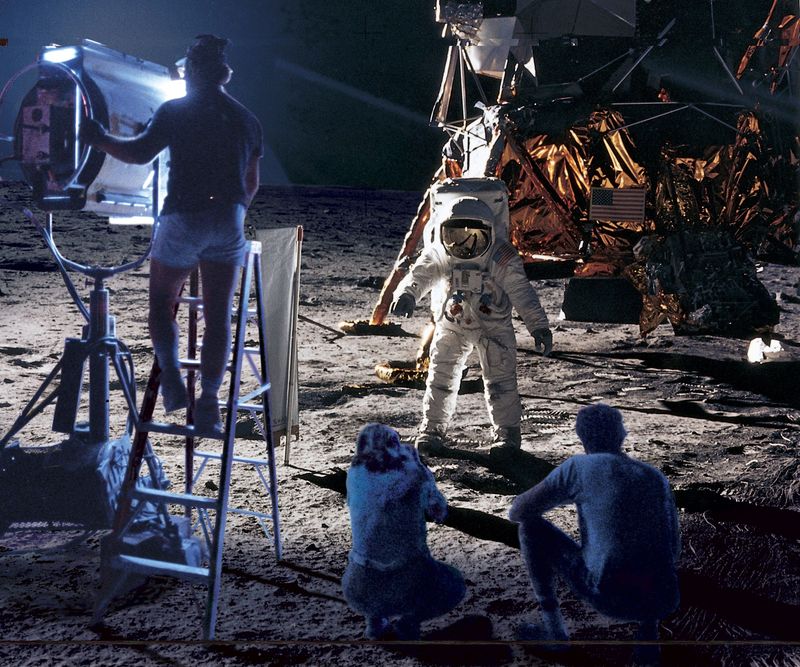
The fake moon landing theory was already picking up steam in the ’70s, and some magazines went all-in on the idea that NASA staged the whole thing in a Hollywood studio.
Their “evidence” was mostly grainy photos and wild speculation, but the headline still sold plenty of copies.
For skeptics, it was a goldmine of material. The blend of government distrust and cinematic imagination created a potent mix, making it one of history’s most enduring conspiracy theories.
10. Women Will Be Living on Mars by the Year 2000!

The future looked incredibly ambitious in the ’70s, with some magazines predicting that women would have their own colonies on Mars by the new millennium.
Why just women? That part wasn’t exactly clear—but it sure made for a sensational headline.
The article played into the era’s space exploration excitement, merging feminism with cosmic frontier dreams. While impractical, it inspired readers to dream big, even if the logistics weren’t quite worked out.
11. Disco Music is Rewiring Your Brain – And Not in a Good Way!
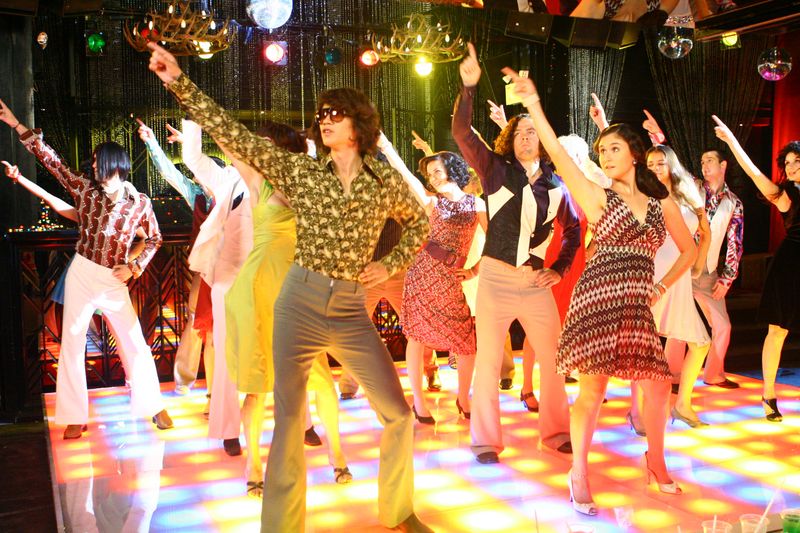
At the height of the disco craze, some magazines warned that listening to too much of it could actually change your brain chemistry.
Apparently, all that funky bass and glittery dancing wasn’t just a trend—it was a neurological hazard!
This headline combined social commentary with scientific fear-mongering. It captured the cultural zeitgeist, blending humor with caution, leaving readers oscillating between laughter and concern over their disco habits.
